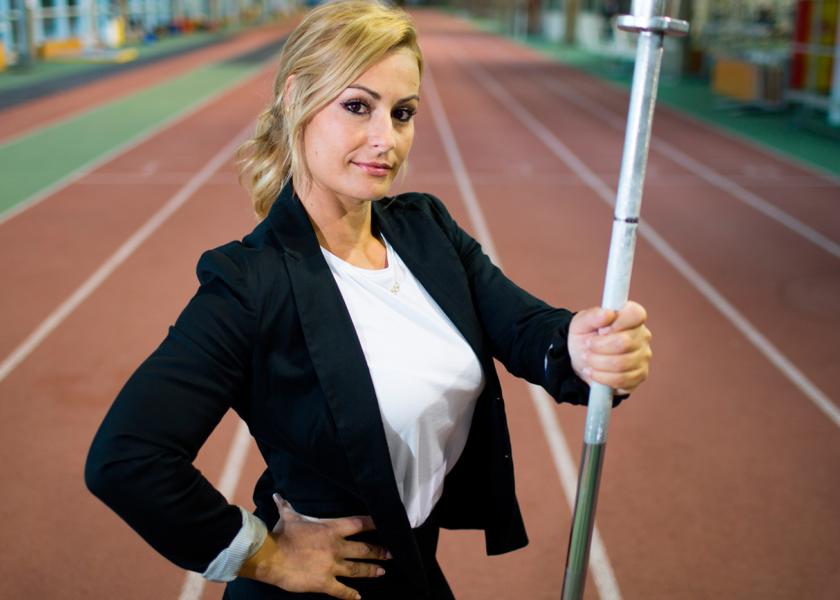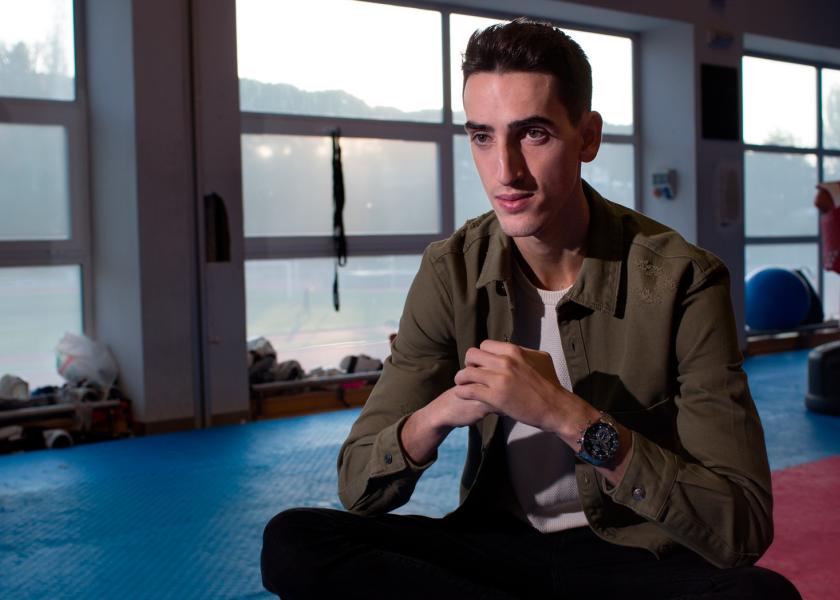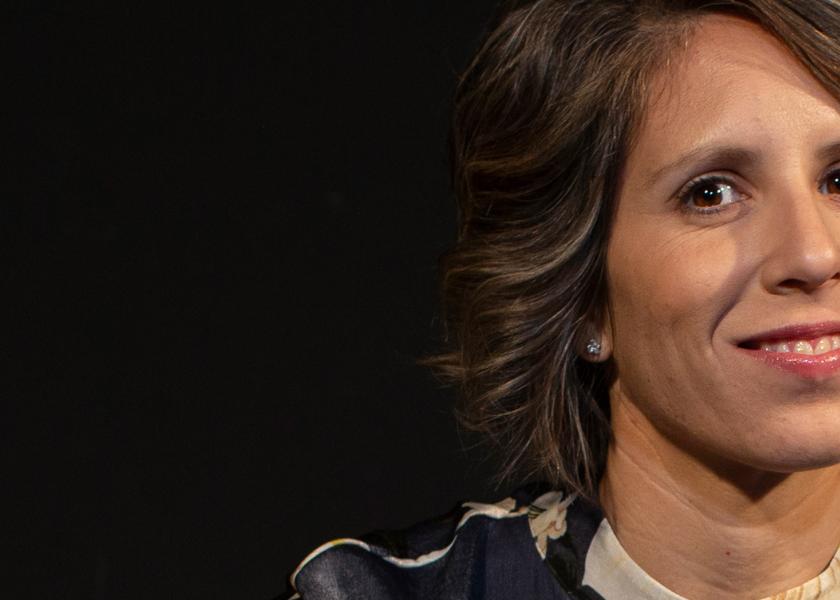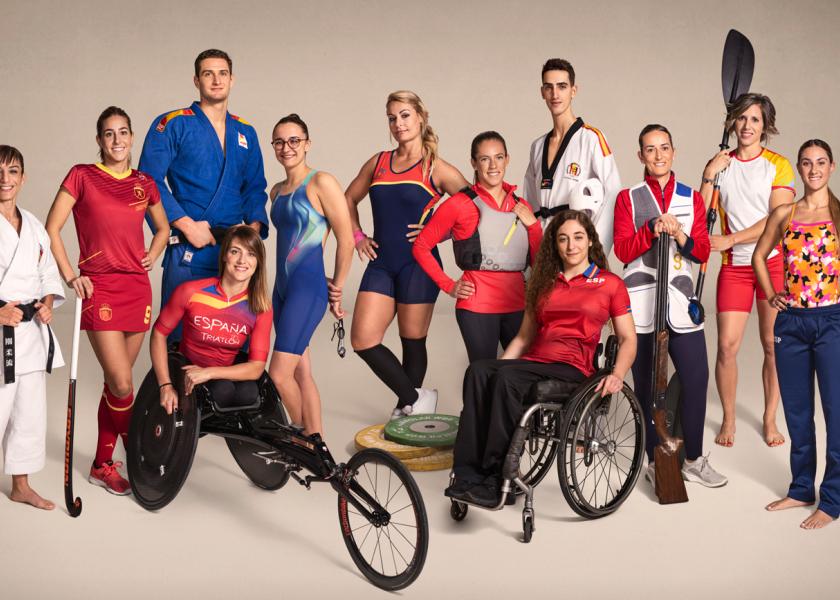Fátima Gálvez
Shooting at Inequality
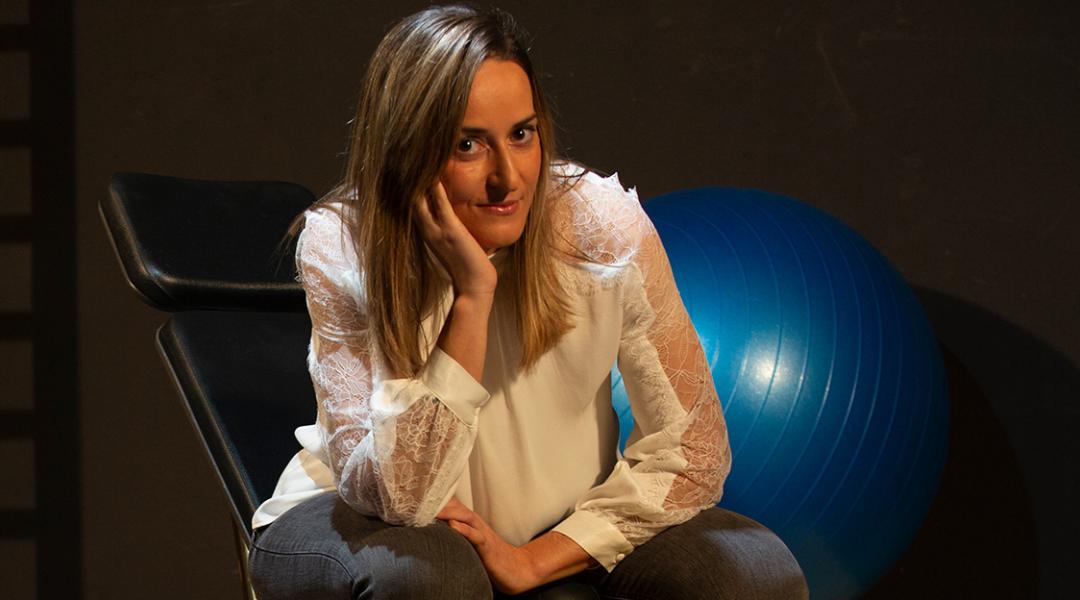
Tokyo 2020 is five months away, and Fátima Gálvez is honing her skills to have a shot at her first Olympic medal. After her fifth place in London and a diploma in Rio, the sport shooter is going for the podium, giving it her all to keep hitting targets and breaking down barriers like gender inequality.
With one gold (in 2015), two silver, and two bronze medals at different world cups, and two gold (in 2011 and 2019, respectively), two silver, and three bronze medals at several European championships, Fátima Gálvez (Córdoba, 1987) has a pretty impressive record. Still, when chatting with the Andalusian shooter, it quickly becomes clear that those are not the only accomplishments she’s proud of. The Spanish shooting queen has become one of the champions of the movement for gender equality in the sport, not only because she’s hit more targets than anyone else, but because she is fighting to rid the sport of the blot that is gender inequality.
Witnessing an Olympic final between a man and a woman was precisely what made her fall in love with sport shooting—a sport where “the prizes are bigger for men than for women, while the competing conditions are identical for both sexes,” says Gálvez, speaking from her own experience. This year, in Tokyo, she will once again feel the stock of her shotgun against her cheek, at the same time promoting the sport, vindicating the figure of the woman in it, and trying to win her first Olympic medal.
Your love for the discipline started at the Barcelona Olympics in 1992. What did you find so attractive in it?
I was only five years old. I was fascinated by the fact that the match was between a man and a woman. Also, I was already quite fond of weapons. They were always around at home, because my dad’s a hunter, and I think that played a part as well.
In what ways has sport shooting changed since then?
In many, especially when it comes to the balance between men and women practicing it. There are a lot more women competing nowadays. At the Barcelona Games there was only one category—won, by the way, by a woman competing against men. Now, there are male and female categories.
These will be your third Olympic Games. You finished fifth and fourth in previous editions; which goals are you setting for Tokyo?
Winning a medal, obviously. I really want to get one in Tokyo, though I have to be careful.
When it comes to competing, depending on the tournament, the conditions can vary. There are two types of shells, different kinds of ammunition, and various sorts of targets, am I right?
Depending on the competition, we use one or another kind of target. Some targets are much more fragile and therefore easier to break, and others are harder. The same goes for the ammunition. Depending on the origin of the shells (Spain, Italy, or a different country), the gunpowder and lead vary. Normally, when we go abroad to compete, we buy the ammunition they use at that particular range, and the targets are the same for everyone. But if it’s tough for me, it is for my adversary as well. With regards to the shells, some people, like myself, travel with their own brands.
Is it possible to make a living with this sport?
Yes, it is, but a very basic one, without any luxuries. The little money we make goes straight into practice and improvement.
“The little money we make goes straight into practice and improvement”
More than a profession, it’s almost a hobby.
It is my job, but I can’t say I’m living large thanks to it. My case is not like that of some others, who have sponsors and people who back them financially. I live off the grants I get on a global scale.
How do you think this kind of minority sports could be boosted?
With more media coverage. Sport shooting, in Spain, is virtually unknown. Lately, there’s been increased attention for other minority sports; sport shooting should be one of them.
What does a day in the life of Fátima Gálvez look like?
There’s a lot of shooting! [laughs] I train a lot, and I like to rest spending time at home with my family. A regular day consists of many hours of practice, both at the gym and at the shooting ground, where you can find me every afternoon, and many mornings as well.
Does your training schedule change much when you’re preparing for a big tournament?
Yes, it all depends on the time of the season. During pre-season there’s more time to rest, and it’s all about building up slowly, getting the feeling. As the competition gets closer, the training sessions become more intensive, and the fatigue and stress start building.
How do you disconnect?
By going home to see my family. I’m on my own a lot, and what I need to unplug is to be with my parents, my sister, and her family—being at home with my family is what helps me disconnect the most.
Apart from good aim, what other skills do you need for sport shooting?
On a technical level, reflexes, mostly. You also need eagerness to work and sacrifice a lot of things: family, friends, your social life, parties, and so on.
The shooter from Cordoba, a specialist in skeet shooting, maintains that, like in any other sport, nutrition and form are paramount. Gálvez says that gaining even a tiny bit of weight shortly before a competition can mean the difference between winning or losing: the cheek the rifle rests on could expand just a millimetre, and the sight doesn’t adjust to the eye with the same precision it did during the previous days of training and preparation.
